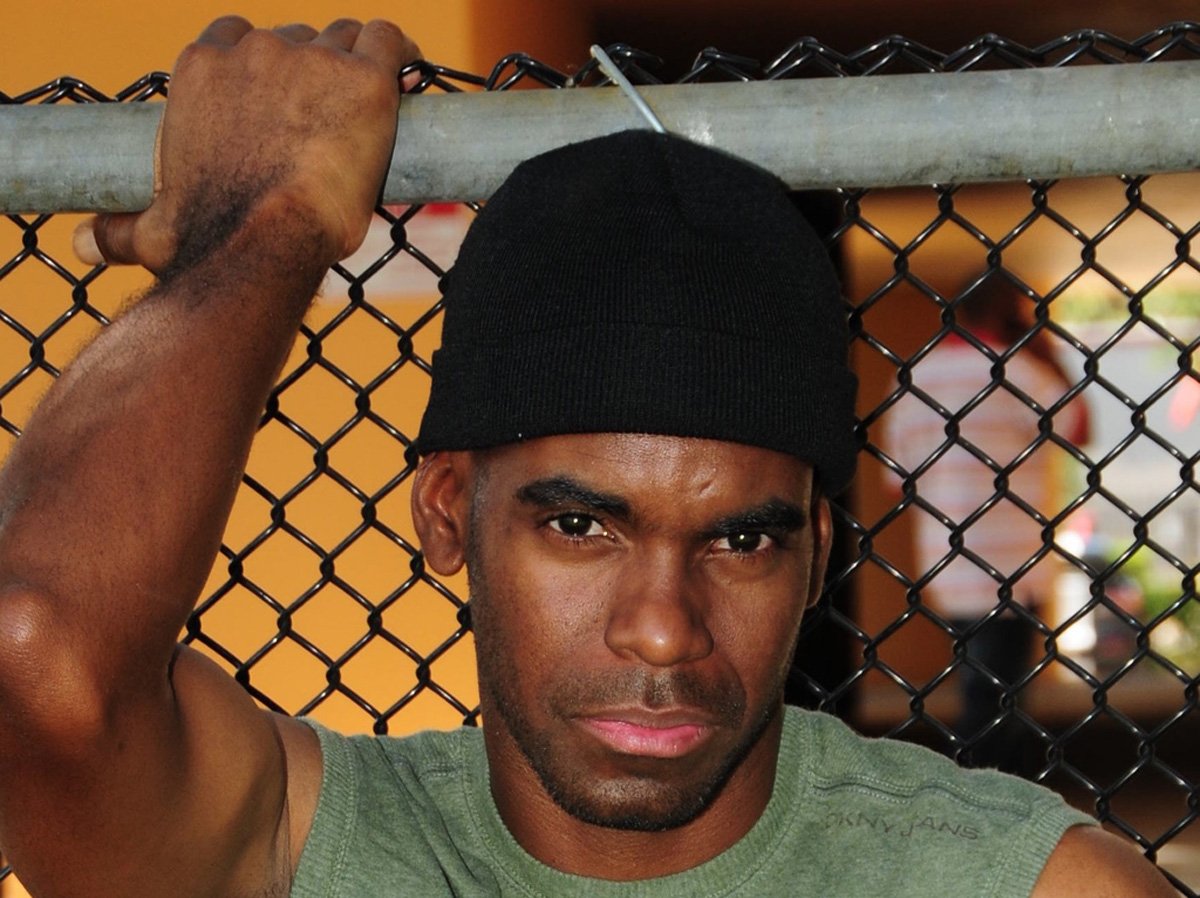‘Time To Pay Attention To Blatant Racism,’ An Interview With Reggae Singer Kashief Lindo

US-based Reggae artist Kashief Lindo is addressing racism in his latest single I Can’t See Your Face, which was released on April 16 under his father’s HeavyBeat Records independent label.
The Jamaican-born singer is known for hit songs like First Cut and Hard Times in 1993. Kashief moved with his family to Miami as a child and his first recording was produced by his father, Willie Lindo, in 1992. His 2012 album, A Reggae Tribute To Michael Jackson, featured 18 cover versions of the King Of Pop’s songs.
Here are 10 questions with Reggae artist Kashief Lindo.
You were born in Jamaica, what was it like growing up? What was early life like?
Yes, I was born in Jamaica, however, I migrated to the United States at the age of 6. My short memory of Jamaica is going to school and most times after school I spent time with my father at the studios. I also remember meeting some of the artists and musicians, but I had a normal life like any other child.
Does writing, producing, and singing come naturally or is it a lot of hard work?
A combination of both, you have got to have the talent, also a mindset to put the work in.
What is it like growing up in a family traditionally performing & producing reggae music?
Everything seemed quite normal to me because there was nothing to compare it with. Other than going to school, playing with my friends, and in the studio recording over time lead to me becoming in addition to singing, a musician, and a producer. It all seemed normal to me.
Your debut album Trouble Free topped the charts in the United States, Europe, and Japan, how did you handle this success at a young age?
To be honest I was not even aware of the success at that time, for it was just classwork, playing with my friends and working in the studio.
What album and song do you rate among the best of your work?
I see music as love, life, all things positive. My approach is always to get the best, never hype. Not knocking hype, but if I can get one person to have a positive day that is my goal. The best effort goes into making all songs then let the public decide.
Who do you look forward to collaborating with? What are you working on right now? When will it be released?
There are lots of great artists out there, any of which I would do a collaboration with, so time will tell. I have just released a new single titled I Can’t See Your Face, addressing straight-up racism. One line in the song states 9 minutes and 29 seconds time to pay attention. Because now it is not just racism, it is blatant racism, they are not hiding anymore, so time to pay attention. I am currently working on a new album which will be released in the summer.
You have toured Japan, North America, the Caribbean. As a local act, you received the Tamika Award presented for the best male international singer. Also, the Reggae Soca music Award bestowed to honor the album of the year for work “We Need Love”. How does it feel to be famous and respected in the music industry?
Recognition is always a good thing for your effort and work. Respect from all walks of life is much appreciated.
What’s your favorite Bob Marley song?
All of Bob Marley’s songs are great songs, you are putting me on the spot, that is a hard choice to make.
The album What Kinda World features songs like I am a big man now, She is out of my life, how much fun was it producing these works?
Lots of fun and hard work.
Your latest album in our year 2020. Titled Justice ( A conscious Journey) reveals your dedication to social issues. Is this your serious side? The EP features the song “ Till dem bun down di house” and is on the charts in New York and Miami. Are you surprised and is this an addition to your career?
I have always done songs of this nature but was not getting the attention. This is my social side, but I am serious about all of my songs. A fan contacted me once and told me one of my love songs saved his marriage because it had a serious love message, that was a great feeling for me. Till dem bun down di house is addressing issues, we have to be socially conscious in these times. I am pleased to know that the message is getting through.
